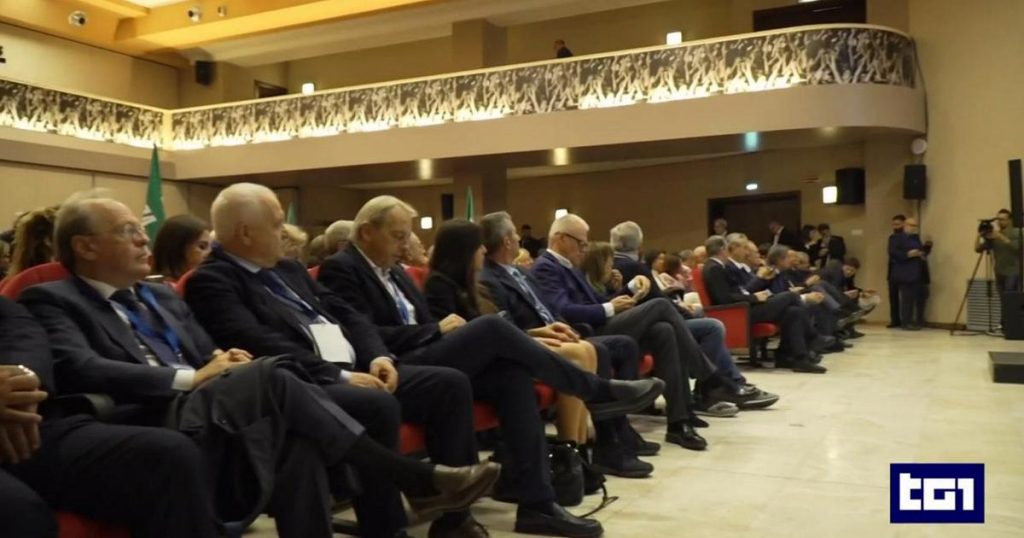Fratelli d’Italia has outlined its guidelines for the upcoming budget law, emphasizing the importance of avoiding waste and allocating more resources towards salaries, pensions, and healthcare without imposing new taxes. Tommaso Foti accuses the Democratic Party of proposing tax increases on gasoline and diesel in each budget law to fund their amendments, refuting Elly Schlein’s claims that the government intends to raise taxes. The coalition is divided on the issue of windfall profits, with Lega supporting taxing bankers over workers while Forza Italia remains firmly opposed. Tajani criticizes the proposed measures as reminiscent of the Soviet Union, advocating for banks to contribute to government funds.
Noi Moderati clarifies that there will be no new taxes in the upcoming budget law, dismissing opposition accusations against the government. The Democratic Party emphasizes the importance of a minimum wage and the protection of healthcare in their priorities for the budget, countering Fratelli d’Italia’s stance. The 5 Star Movement accuses Meloni of playing the victim to conceal a budget that they describe as detrimental, pointing to tax increases, cuts to pension adjustments, and healthcare, as well as rising fuel taxes. Verdi and Sinistra argue that the government aims to save money by cutting services for citizens.
The debate surrounding the budget law intensifies as different parties express their contrasting positions on taxation and expenditure priorities. Fratelli d’Italia advocates for fiscal responsibility and efficient resource allocation, criticising the Democratic Party’s taxation proposals. The factionalism within the coalition becomes apparent as Lega and Forza Italia clash over the issue of windfall profits, with Tajani calling for banks to collaborate with the government. Noi Moderati and the opposition parties present competing narratives on the budget law, highlighting concerns about tax increases and service cuts by the government.
The Democratic Party defends its commitment to a fair tax system and social welfare programs, citing the importance of a minimum wage and healthcare in their agenda. The 5 Star Movement accuses Meloni of reneging on promises to lower taxes, pointing to perceived failures in managing the economy. Verdi and Sinistra criticize the government’s approach to budgeting, portraying it as detrimental to the welfare of citizens. The debate underscores the ideological differences between the various political parties regarding taxation and public spending in Italy.
The budget law remains a contentious issue as parties continue to clash over taxation policies and expenditure priorities. Fratelli d’Italia’s emphasis on efficiency and resource allocation conflicts with the Democratic Party’s focus on social welfare and fairness in taxation. The coalition’s diverging opinions on windfall profits further illustrate the challenges of reaching consensus on economic policies. The opposition parties, including the 5 Star Movement, Verdi, and Sinistra, continue to challenge the government’s budget proposals, arguing that they disproportionately impact citizens. The political debate underscores the complex dynamics at play in shaping Italy’s fiscal policies and social welfare programs.


